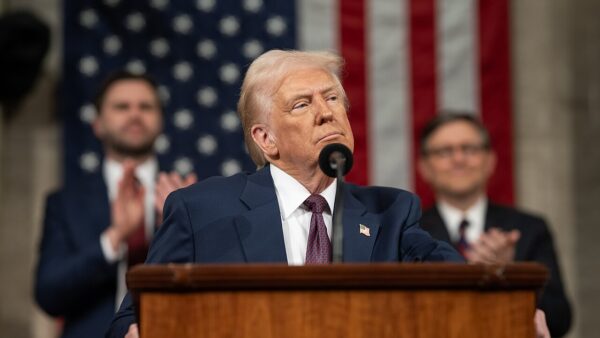India’s ambitious road building programme is faltering as construction companies, stymied by government bureaucracy and strapped for cash, say no to contracts. Rod Sweet reports.
In January the National Highways Authority of India (NHAI), did a curious thing. It called up the country’s top infrastructure companies and asked if everything was okay.
It used to be a tough negotiator, able to wrest highly competitive bids from construction firms eager for a share of the country’s massive infrastructure programme. Now, according to a report in India’s Economic Times newspaper, it’s acting like a nervous suitor.
The NHAI’s confidence certainly has taken a knock. January saw two large construction companies, GMR Infrastructure and GVK Infrastructure, walk away from their respective high-profile road projects, together worth approximately US$2bn. Both cited problems getting environmental clearances as the reason for pulling out.
The NHAI had awarded a record 6,491 kilometres of road contracts in 2011-12, but most of those have been delayed waiting for land and environmental clearances from central government. Companies who rushed open-armed into the BOT (build-operate-transfer) marriages, sometimes paying premiums for the privilege, are now bogged down in delays, with financial closure nowhere in sight.
According to the Economic Times the NHAI launched its charm offensive because it wanted to assure developers that it is sharpening its scissors to cut the red tape. The prospect of even more abandoned projects is a frightening one in a country where congestion is a big problem.
Negative outlook
But the industry is already hurting. In January, India Ratings switched its outlook on Indian construction firms from “stable” in 2012 to “negative” for 2013, because of the “continuing challenges in order execution” which have resulted in “stretched working capital”.
Both GMR and GVK are reported to be experiencing mounting debt.
“Liquidity as well as financial leverage has been adversely affected in many construction companies which have ventured into build-operate-transfer (BOT) projects due to the challenges in raising equity to fund these projects,” the ratings agency said.
Companies “are finding it increasingly difficult to raise equity and are funding equity requirements of BOT projects by borrowing at the parent level, adversely impacting the parents’ credit profiles”.
Banks are also reported to be reluctant to get involved. Even though lending to the road sector grew 200% over the last three years, industry experts say banks now avoid road projects. It means fewer construction companies are willing to take these BOT contracts on.
India Ratings says its outlook could be revised back to “stable”, but only if government somehow does its part to speed up the execution of projects, and to get life-giving cash flowing through the industry’s bloodstream again.
“While the going was good and NHAI’s development projects were receiving aggressive bids from builders, expediting red-tape hurdles was not a key concern for the authority,” one infrastructure executive told the Economic Times. “Now that the bids have dried up and banks have stopped lending to projects without 100% clearances, an earnest effort has begun to ensure tardy clearances don’t hold up projects.”
It may be too little, too late.










